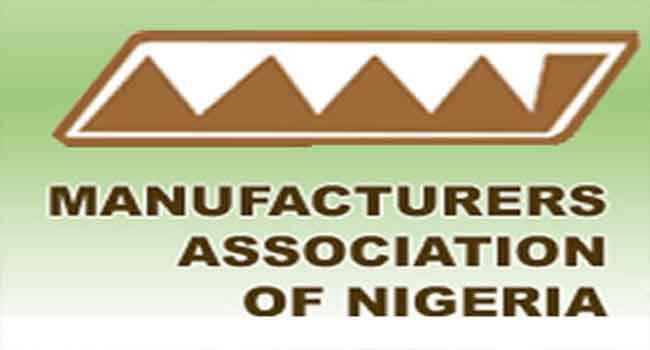The Manufacturers Association of Nigeria (MAN) has once again bemoaned the excessive taxation on businesses in the country, saying it is having harmful effects on investment, economic growth, job creation and poverty reduction. In addition, the association noted that imposition of excessive taxes on businesses was creating setback for the country’s manufacturing sector’s growth and development.
The Director-General of MAN, Mr. Segun Ajayi-Kadir, said government and its agencies’ continued imposition of excessive taxes on businesses was culpable for an equally rise in cost of goods, inflation, non competitiveness of local products and others. According to him, in addition to the imposed taxes, companies still have to provide supporting infrastructures and other facilities, such as power generation, water supply, and security for their assets. Ajayi-Kadir said: “Additionally, there is implicit taxation as companies still have to provide supporting infrastructures and other facilities such as power generation, water supply, and security for their assets. In some instances, companies construct access roads to their premises. “Numerous taxes, fees and levies are also paid to sub-national governments and regulatory agencies.
“All of these should be taken into consideration in the formulation of tax policies. “Excessive taxation on businesses has harmful effects on investment, economic growth, job creation and poverty reduction.” Speaking further, the MAN DG explained that effective corporate tax was currently about 34 per cent, which is one of the highest in the world. “The perception of corporate entities as cash cows for solving all revenue problems is utterly misplaced. “We should be a lot more creative in our revenue drive so as not to overburden the current crop of tax payers. The tax base is still extremely narrow and should be widened.
“The economy is about 50 per cent informal, which meant that the incidence of taxation is largely on the formal sector of the economy,” he stated, adding that “the focus of taxation should be on collection efficiency, broadening the tax base and improvement in tax governance. “Revenue collection responsibilities should be integrated into a single agency for more efficient administration.” On plans by government to further increase tertiary education tax, the MAN boss reiterated that “less than two years ago, the tertiary education tax was increased from 2 per cent to 2.5 per cent. It is too soon to propose another increase. “Besides, companies are still contending with several macroeconomic, structural, global and regulatory headwinds. “It will be inequitable to increase the tertiary education tax at this time. “This will be putting too much burden on corporate entities on business and investors in the Nigerian economy.”


